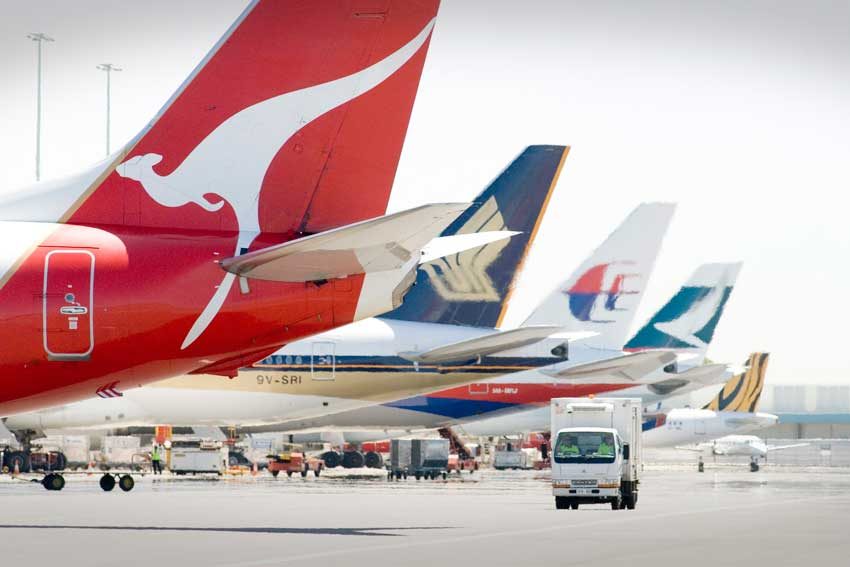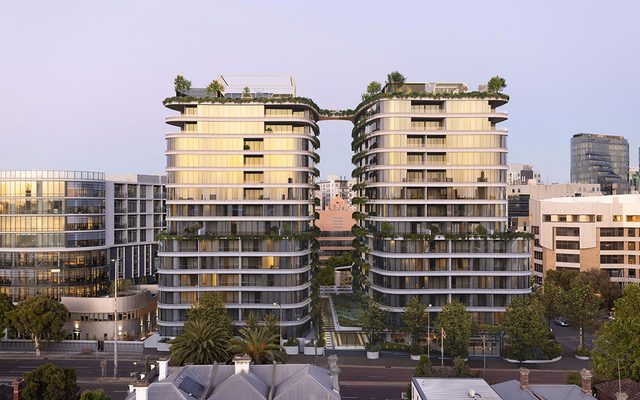This article is from the Australian Property Journal archive
THE Albanese government will exercise “go-slow” instructions on international student visa processing once universities near their applications benchmarks, according to reports, as it tries to find a workaround for its failure to legislate a cap on numbers with the issue looming as a housing policy play in an election year.
The government had recently attempted to cap numbers at 270,000 per year but was thwarted in Parliament by the Coalition and the Greens. It had also committed to work with the higher education sector to develop regulations that would require universities to increase their supply of student accommodation.
Meanwhile, Opposition Leader Peter Dutton has been pushing for even deeper cuts, pitching it and migration harder as a housing issue amid a crunched rental market.
A recent report from the Student Accommodation Council showed the country’s 725,000 international students make up 5.4% of the rental market – and that capping their numbers would only reduce this by 0.6% by 2026 and have little impact on rental availability.
The ABC is reporting that immigration officials will be ordered to treat student visa applications as a high priority up until education providers reach a “prioritisation threshold” which amount to 80% of the caps the government had initially sought to introduce.
Visa processing would then drop to a “standard” level, putting applications into a “slower-moving, less-resourced queue”. It is not to be taken as a de facto cap on visa numbers that can be granted to a provider.
The PBSA sector in Australia remains relatively new and undersupplied, and will continue to experience strong demand driven by robust rental growth and a positive macroeconomic environment even with a lesser cohort of international students.
US giant Greystar this week secured backing from Australia’s Future Fund to enter the purpose-built student accommodation (PBSA) sector by snapping up a seven-strong national portfolio of assets for $1.6 billion.
The Future Fund is backing Greystar in the acquisition to the tune of $350 million in the acquisition of assets Sydney, Melbourne, Brisbane, Adelaide, and Canberra, which are strategically located close to universities and tally 5,662 beds. It comes three weeks after the Albanese government gave the $230 billion sovereign wealth fund a new mandate that included boost housing supply.
Despite the political uncertainty, global and local players are betting on the long-term potential of Australia’s PBSA sector. Recently, US investment firm Nuveen committed to a $275 million loan for a Brisbane PBSA project by Dexus and Marquette Properties, which will see an office building repurposed into a 1,200-bed student accommodation facility, while earlier this year Canadian giant Brookfield acquired a 50% stake in a PBSA operating platform, Journal Student Living.
Meanwhile, Australia’s largest owner and operator of PBSA, Scape closed on $3 billion in fresh debt financing in August.
Australia currently has 132,700 beds in operation to cater to an international student population of 1.6 million students. In the more mature UK market, there are 700,000 beds in operation and 1.3 million students.




